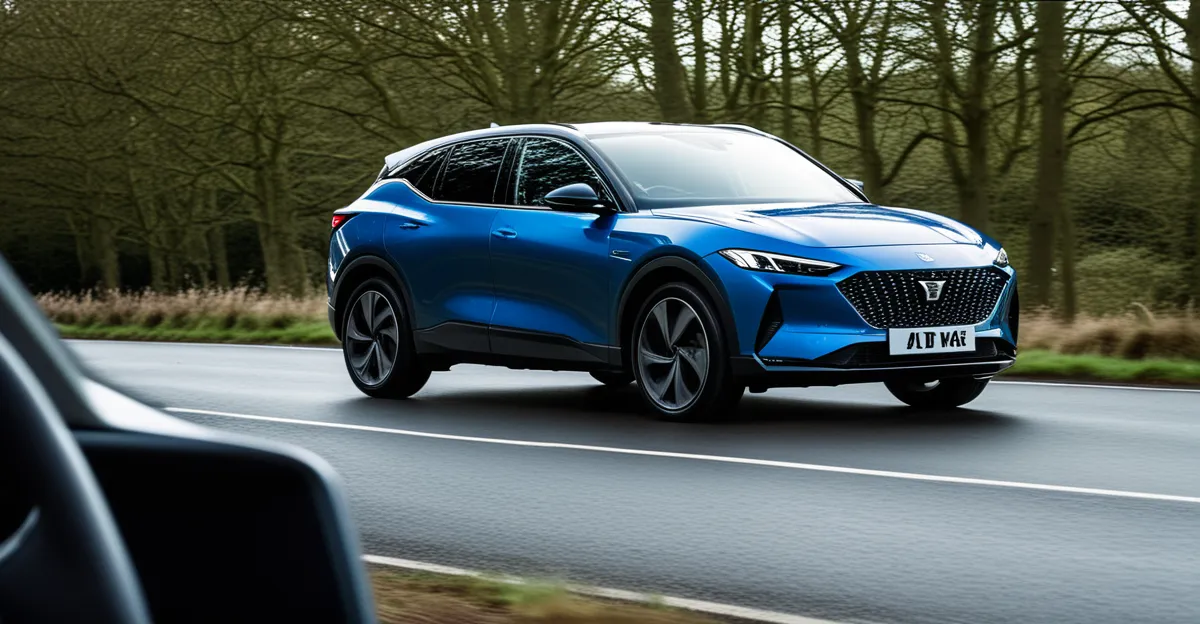Emerging Automotive Technologies Shaping UK Transportation
The UK automotive technology landscape is rapidly evolving, with key advancements in electric vehicles (EVs), autonomous vehicles, and connectivity solutions transforming future transportation UK. Electric vehicles are now a cornerstone of this shift, driven by improvements in battery efficiency and charging infrastructure that make EVs increasingly practical for everyday use. Autonomous vehicles, or self-driving cars, promise to revolutionize how people and goods move, enhancing safety and reducing congestion on UK roads.
Connectivity solutions play a vital role in enabling vehicle-to-everything (V2X) communication. This technology allows cars to exchange information with each other and traffic management systems, optimizing routes and improving real-time traffic flow—an essential innovation for densely populated urban areas.
Topic to read : How is Technological Innovation Shaping the Future of the UK Automotive Industry?
Several pioneering UK-driven projects and industry leaders, including major universities and automotive firms, spearhead these innovations. Their work not only boosts domestic expertise but also positions the UK as a hub for cutting-edge transport solutions.
By integrating these technologies, the UK aims to reshape both immediate and long-term transportation. This transformation will support greener, smarter mobility options aligned with evolving societal needs and environmental commitments. Such automotive innovations are crucial to securing the UK’s role at the forefront of global transport technology.
Topic to read : How Will Electric Vehicle Advancements Impact Traditional Car Manufacturing?
Government Strategies and Policies Influencing Technological Progress
The UK government automotive policy plays a pivotal role in advancing automotive innovations. Through targeted technology regulation and incentives, the government drives the adoption of electric and autonomous vehicles, aligning with ambitious net-zero carbon emission goals. For example, strict emissions standards limit petrol and diesel car sales, encouraging manufacturers and consumers to transition toward cleaner technologies.
Green transport strategies, such as subsidies for EV purchases and investments in charging infrastructure, support the future transportation UK vision by removing financial and practical barriers. These policies also foster public-private collaborations, accelerating project development and deployment of cutting-edge technologies.
A critical aspect is the creation of mobility frameworks that guide sustainable urban travel, integrating UK government automotive policy with broader environmental and social objectives. This regulatory environment ensures innovation progresses within clear safety and ethical standards, addressing concerns related to autonomous vehicles and data privacy.
By coupling ambitious climate commitments with supportive policies, the UK government establishes a foundation that drives consistent progress in automotive technologies. This sustained policy focus encourages businesses and consumers to embrace change, promoting the UK as a leader in the evolving automotive landscape.
Industry Trends and Forecasts for UK Automotive Technology
Understanding current UK automotive industry trends is essential to anticipate how future transportation UK will evolve. Experts project significant growth in electric and autonomous vehicle adoption, driven by both consumer demand and supportive policies. Market analysis reveals steady increases in EV sales, fuelled by advancements in battery technology and expanded charging infrastructure. Autonomous vehicles, though still in the testing phase, show promise for wider integration within the next decade.
Forecasts indicate that connected vehicle technologies will become standard, enabling safer and more efficient road use through real-time data exchange. This shift towards smart mobility underpins the broader automotive innovations shaping the UK transport sector.
Factors influencing these trends include government incentives, technological breakthroughs, and supply chain developments. However, challenges such as high production costs and regulatory complexities could hinder rapid adoption.
Addressing these barriers requires continued investment and collaboration across industry and government sectors to sustain momentum. Overall, market growth points to a transformative period ahead, with the UK positioned to lead in EV, autonomous, and connected vehicle technologies, aligning with both environmental objectives and technological ambition.

Comments are closed